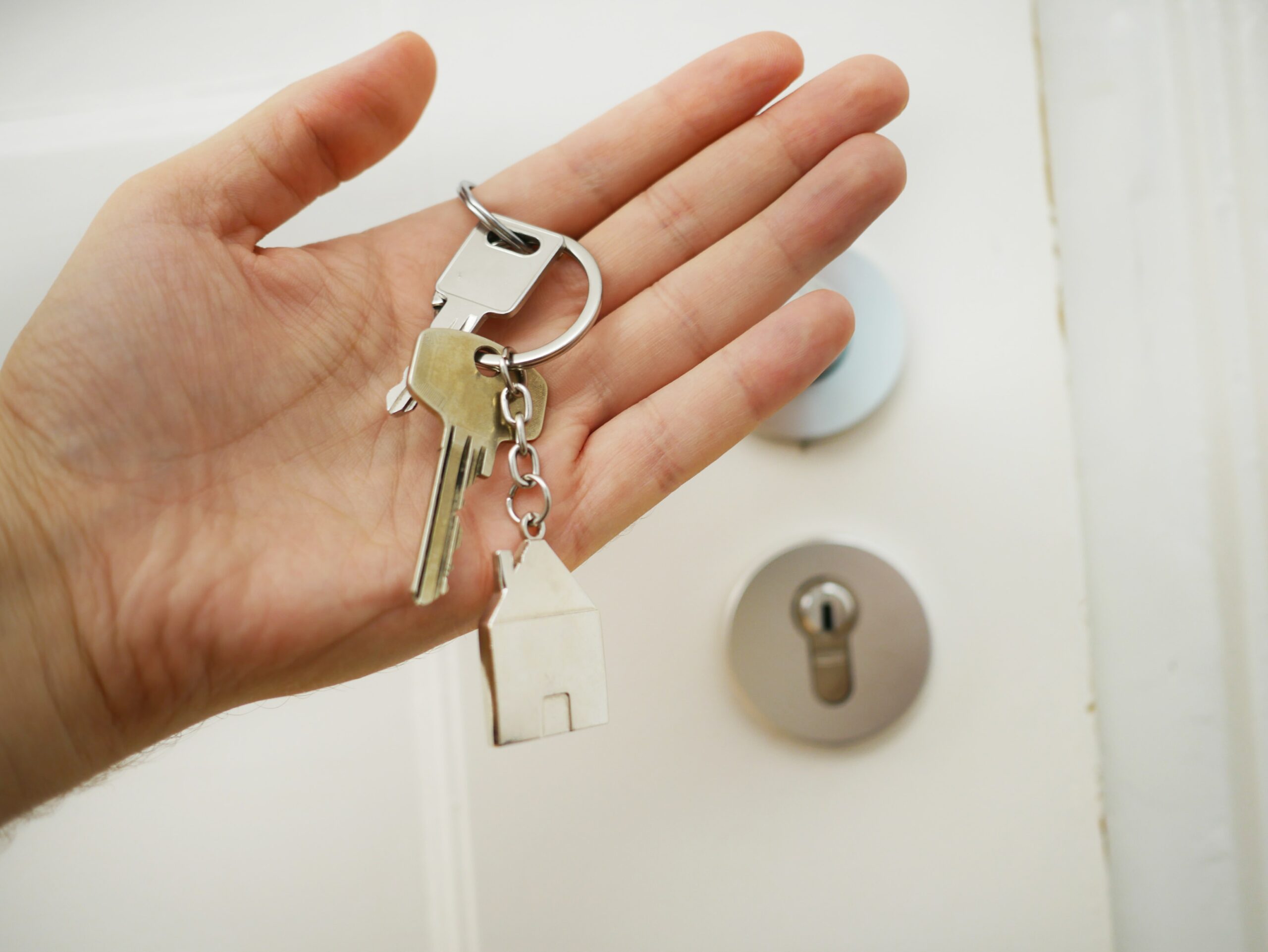
Hidden Costs of Buying A House
A house is probably the biggest purchase you will ever make so it can come as a nasty surprise to find out there are hidden fees you didn’t budget for. It’s likely you’ll have already started saving and budgeting for your deposit but what are the other costs you’ll need to fork out money for?
In this blog we’ll cover which unexpected costs you will come across when you buy a house and what they cover.
Please note: The figures quoted are only a guide and will depend on a number of factors, however, this article gives you a good estimate of what you can expect.
The hidden costs of buying a house include:
- Stamp Duty
- Valuation Fees
- Surveyor’s Fees
- Mortgage Broker and Arrangement Fees
- Conveyancing Fees
- Estate Agent Fees
- Home and Life Insurance
- Removal Costs
- Furniture and White Goods
- Decorating and Renovating
- Maintenance Costs
Stamp Duty
Stamp Duty can often be one of the biggest hidden costs to buying your first home and one that you might hear many people talking about.
In September 2022 it was announced that stamp duty will no longer be charged on the first £250,000 of a property’s price (up from £125,000 previously) and the additional stamp duty relief applicable to first-time buyers’ also increased.
This means that first-time buyers won’t have to pay any stamp duty on the first £425,000 of a property’s price, provided that the property costs less than £625,000. You, and anyone else you’re buying with, must both be first-time buyers in order for this to apply. Previously, the additional first-time buyers’ relief only applied if the property cost less than £500,000.
You can find out more about stamp duty via the gov.uk website.
Top Tip: Aim to purchase a property less than £625,000 to avoid paying Stamp Duty as a first time buyer
Valuation Fees
Another hidden cost to buying a home is valuation fees. A mortgage lender will want to conduct a valuation of the property you are purchasing to make sure it is worth the money they are going to be lending you. The cost of this depends on the value of the property you are purchasing and is usually between £200-£1000.
However, depending on the type of mortgage you select, some lenders don’t charge a valuation fee and it will be included in your mortgage deal.
Top Tip: Compare mortgage deals to find out whether it includes the cost of a mortgage valuation
Surveyor’s Fees
An essential, but often hidden, cost of buying a house is surveyor fees. It is highly recommended that, before you buy a property, you get it checked by a professional surveyor. This is important to highlight the condition and construction of the property and to flag up any problems that may arise later down the line.
A Home Buyers Report may be sufficient for most properties, however if you are purchasing an older property or listed building then a full structural survey may be what you need. Surveys can cost between £250-£750 (plus VAT).
Top Tip: Read reviews before choosing your surveyor
Mortgage Broker and Arrangement Fees
Mortgage brokers/advisors often charge a fee for their service in finding you your mortgage deal. This can range from £300-£1000 depending on the property value.
Mortgage lenders sometimes charge an arrangement fee up to £2000, for setting up the mortgage, depending on the mortgage type.
Top Tip: Ensure you shop around for the best mortgage deals so you’re able to compare it with anything a mortgage advisor finds for you.
Conveyancing Fees
When buying your home, you’ll need a solicitor to carry out all the legal work. Legal fees can cost between £850-£1500. Solicitors will also carry out local searches to check whether there are any issues that need to be flagged up. Searches can be an additional £250-£300 for a standard residential property however if you were looking at a more complex purchase such as a property with a larger plot of land, they may be higher.
Legal fees differ from solicitor to solicitor so it’s always best to look around and make sure you use reputable companies that don’t overcharge.
Top Tip: Double check with your solicitor if you need all the work they are quoting you for!
Estate Agent Fees
These are paid by the seller, not the buyer and are usually a small percentage of the agreed property sale price (anything from 0.75%-3%).
This is one thing less to worry about if you’re only buying a property and not selling another at the same time.
Home and Life Insurance
Your mortgage lender will require evidence that you have taken out buildings insurance to protect your home against damage. It usually makes financial sense to get contents insurance for your possessions at the same time. This is usually between £100-£1000 depending on the value of the property and the possessions you are insuring.
You should also consider taking out life insurance. This insurance would cover you and your family, if you were to die or are diagnosed with a terminal illness. The cost of this is dependent on the value of your property, your personal circumstances and your health.
Top Tip: Use a comparison site to shop around for the best deals when buying insurance.
Removal Costs
It’s highly unlikely that you will be able to fit all of your belongings in a car, or even if you can, it can often mean multiple journeys.
Hiring a van and doing the heavy lifting work yourself is usually the most cost-effective and time-efficient way of moving. Removal costs are usually around £400-£1000.
Top Tip: Before hiring a van, ask around to see if friends or family members will lend you one for the day
Furniture and White Goods
When getting the keys to your home, as a minimum, you’re going to need somewhere to sleep, something to sit on and somewhere to store your fresh food! This can cost anything upwards of a few hundred pounds.
Top Tip: Purchase items from Facebook Marketplace, charity shops and Ebay to keep costs low
Decorating and Renovating
Unless you’re moving into a new-build it’s likely that you’ll want to do some redecorating. Some properties may even need full renovation work. The costs depend on the work you are doing so it’s recommended you keep some money aside for this or plan to make renovations over time so you have longer to budget and save.
Top Tip: Do as much of the work as you can yourself to keep costs low.
Maintenance Costs
If you purchase a leasehold property, this means that the building or the land it sits on is owned by a freeholder or landlord. You may have to pay service charges and ground rent. Charges aren’t capped so this cost is entirely up to the landlord.
Top Tip: Ensure you clearly understand the costs involved in service charges or ground rent before making an offer on the property
Final Key Takeaways:
- Ensure you set aside money for all the additional costs of buying a home as well as your deposit.
- Shop around for the best deals
- Try to do as much of the work as you can yourself


